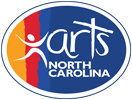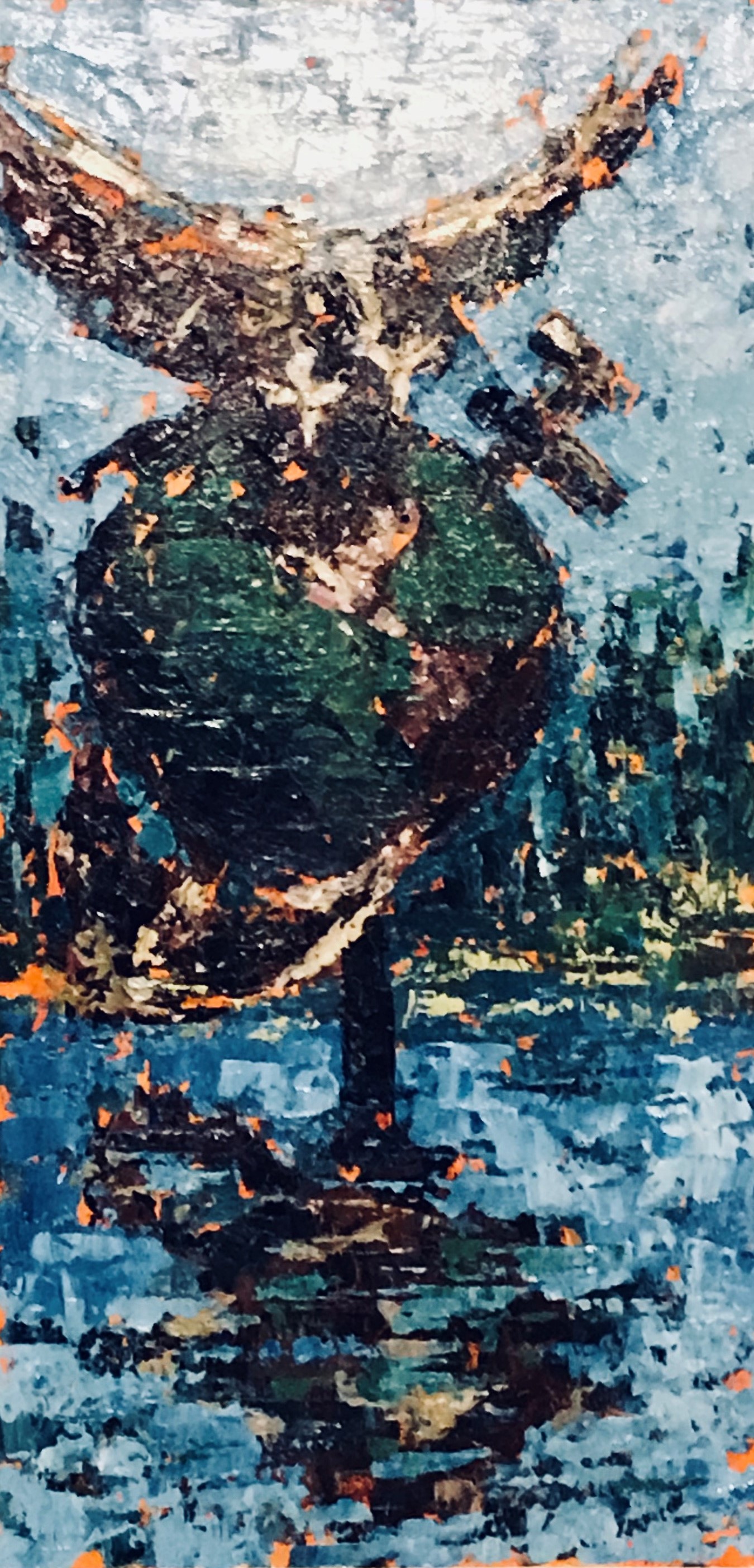Don’t Forget About the Healing Power of the Arts

As we speak to others about the arts, whether that be elected officials or the neighbor out walking his dog, we generally speak of our own experiences. This is not a bad thing. So many of us are artists, and passionate about the work we do. Or we work in the arts, and feel compelled to always promote the vision of our respective enterprises to bring more people into the fold. Or maybe we just love to experience the arts, and want to tell others of the way it touches our lives. And for those precious few of us who work in policy, we can rattle off economic impact and job creation numbers, in the hope that Passion + Data = Funding. Though we forget sometimes in the course of our happy art-filled lives, that arts have the power to heal, and that perhaps their most important role in our lives is not to lift us to new heights, but instead to pick us up when we are experiencing new lows.
Recently in Jacksonville, NC the National Endowment for the Arts (NEA), North Carolina Arts Council (NCAC), Americans for the Arts (AFTA), and the Jacksonville-Onslow Council for the Arts (JOCA) held a Creative Forces Summit. This Summit was designed to convene leaders from across the state and to educate and inform one another of the many efforts happening in North Carolina to use the arts to serve our military veteran population, which is the second largest in the country. Many of these programs centered around using art (visual, dance, theatre, music, and writing) to treat not only Post Traumatic Stress Disorder (PTSD), but also Traumatic Brain Injuries (TBI). The stories that were shared pulled at the heart and wet the eyes of even the most stoic attendees. But the inspiration came not from the tales of courage and fallen comrades in combat, but from the struggle to overcome the wounds both seen and unseen hundreds of miles from the battlefield.
The day was filled with stories of shifting perspectives, daily struggles, acceptance of help and new ideas about bravery. Both the science of the mind and the passion of the heart were woven together to paint a portrait of how the arts can affect us. Using the arts as a medium to express feelings or experiences allows not only the audience a deeper understanding of the artist, but gives the artist a way to examine and explore themselves leaving them stronger every time they create. It was clear by the end of the day that the men and women that make this possible, the artists, arts administrators, and art therapists that do this work every day, were considered by those who chose to serve their country, as true heroes in these inspiring stories.
I had lunch with a group of Vietnam veterans that day who had driven six hours to attend. One of them told me he had returned from war receiving far less than a hero’s welcome. He told me about how there was a part of him that never returned from Asia and a piece of his mind that lingered there for four decades. He told me he struggled in and out of several marriages, had relationships with his children that were rocky in the best of years, and about a series of jobs which never quite clicked. But a writing program changed all that. Through the creative process he could recount and evaluate the experiences in his life that had entrapped him. Through the craft of an artist and the science of neural plasticity, he was able to own the events that had haunted him for so long and use them to build something that could be shared. He has better relationships with family and friends now than at any time in his adult life, especially with his children, and he credits it all with a writing program geared to serve veterans. When I asked why he came to the summit, he told me he wanted to do everything he could to make sure that today’s veterans could heal now, and not lose the decades he had.
There were stories like this one in charcoal and clay, dance and dialogue, in written words and musical movements. Programs like these heal people from all walks of life; military and civilian, rich and poor, including men, women and children of every shape, color and ability. The arts are a part of who we are in our hearts, our bodies, and our minds and as such they possess the power to make us stronger, to regain what we may have lost, and to be what we can become.

